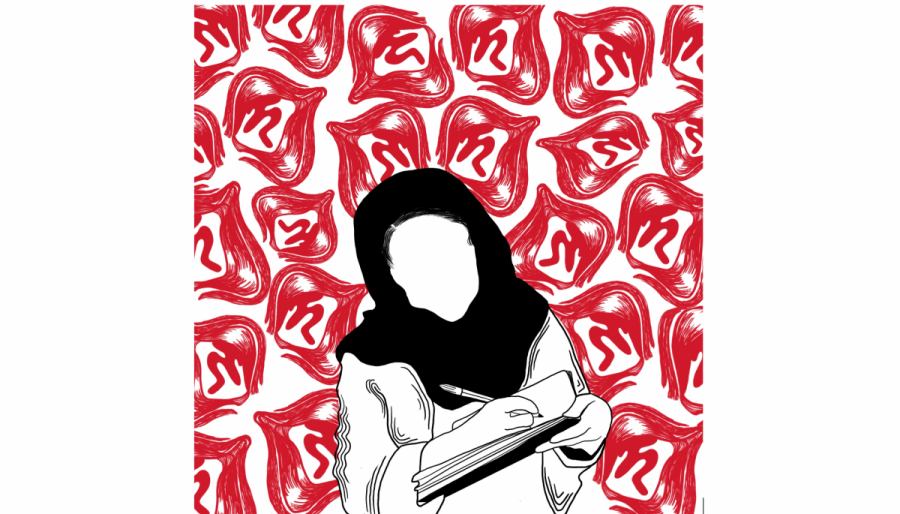I Am a Journalist, Not Your Sex Doll
The Misogyny I Deal With Every Day in the Field
A journalist’s job is pretty straightforward: find a pitch, track down sources and write the story. As a woman working in the field, there are a few additional things I must consider, however.
Am I wearing clothing that is conservative enough? Will this particular story attract creepy men? Do I have to go up to that group of men alone?
I do not feel respected by most of the men I interact with. Rather than being treated like a professional, I am often treated like a piece of meat. I have been forced to adapt to avoid being harassed—I choose to cover a risky story accepting the fact that it might attract unwanted attention.
One of my main priorities when going out to interview people is finding an appropriate outfit. In fact, the International Women’s Media Foundation reported that 24 per cent of female journalists have modified their appearance when working, often covering up most of their body. This percentage is unsurprising to me. I often wear long-sleeved shirts, long pants and a jacket when I head out for a story.
Clothing choice, tone of voice, wearing makeup and posture are just a few superficial things that play a role in deciding whether I am treated seriously or not. Deep misogynistic ideas ingrained in society have forced women to take extra steps to avoid being devalued as a person and discredited as a journalist simply for being a woman.
When I was working on a story an interviewee told me, “in exchange for taking pictures of me, I want to take a picture of your pretty eyes,” I awkwardly laughed as I fought the urge to tell him off since he was an important source for the story.
“Are you single? Can I have your personal Instagram handle?” I’ve been asked. I gave into the pressure out of fear of what might happen if I refused.
These instances are just routine for most female and femme-presenting journalists. According to a 2014 online survey conducted by the IWMF and the International News Safety Institute, almost 50 per cent of female journalists experience sexual harassment and remarks on their appearance at work.
Even when men do not openly make uncomfortable comments, their demeanor is equally inappropriate. Touching my arm, staring at my chest as I am speaking or simply interrupting me to mansplain common knowledge are frequent occurrences. Each microaggression makes me more uncomfortable than the last.
Yet, time after time, I accept it and remain quiet to ensure that I stay professional and respectful to the exact people who are unprofessional and disrespectful towards me—the irony.
The worst part is that sometimes conservative outfits are not enough. 73 per cent of gender-based harassment occurs online, according to the IWMF.
Almost every time I make a post on my social media to reach out to as many potential sources as possible, I receive unsolicited sexual comments in my inbox.
“I saw your post [asking for sources] and wanted to connect. I’m pretty new to Montreal; just moved from Toronto. So, I thought it would be great to have some friends around and you looked so sweet, that’s why I wanted to write you a DM,” said a potential source. Ugh, not again. I am just trying to do my job.
“Can you come over to my house?” another asked. When I said that I would rather meet in a public location, the source bailed.
Women should not have to accept sexual harassment as a condition of their job. Next time a female journalist approaches you, ask yourself: will my actions make this person uncomfortable? If the answer is yes, or even maybe, then immediately reconsider.
This article originally appeared in Volume 43, Issue 2, published September 13, 2022.







_600_375_90_s_c1.jpg)